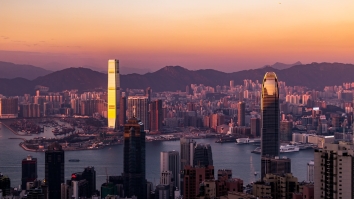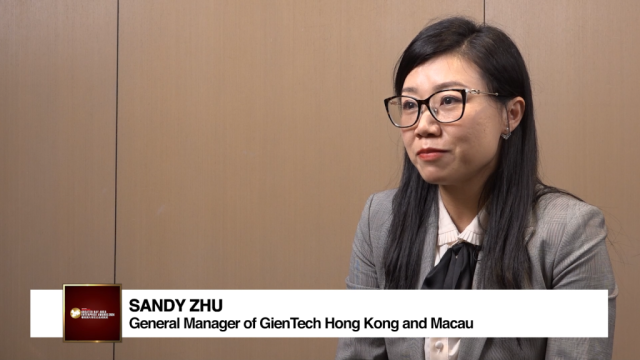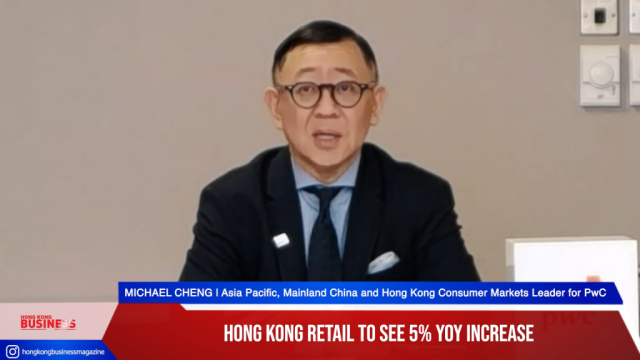
Here are 2 factors that push Asian companies to take over the rest of the region
Filthy rich people aren't much of a priority.
Targeting Asia’s burgeoning middle class and relocating to lower-cost markets are the major forces behind the regionalisation strategies of Asian enterprises.
According to a release from United Overseas Bank, its UOB Asian Enterprise Survey 2014 discovered these findings. The UOB Asian Enterprise Survey 2014 is the first survey of its kind on the impact of trade flows on the way Asian enterprises do business and expand regionally.
It found that enterprises in the food and beverage, tourism, leisure and travel services sectors in particular are focused on capturing the increased spending power of Asia’s middle class.
According to Brookings Institution, by 2030, Asia is expected to account for two-thirds of the world’s middle class consumers or about 3.2 billion people, a majority of whom will live in China
Here's more from United Overseas Bank:
Mr. Frederick Chin, Head of Group Wholesale Banking at UOB, said that the UOB Asian Enterprise Survey 2014 reaffirmed that rising incomes create opportunities for those businesses that can cater to the higher expectations and consumption patterns that come with increased affluence.
“Companies that can create the services and products to meet the rising expectations of Asia’s middle class have a unique opportunity to build sustainable and strong regional businesses.
They will be able to tap into a closely-integrated and increasingly interconnected Asia for abundant and sustainable growth opportunities,” Mr. Chin said.
The UOB Asian Enterprise Survey 2014 also found that China, home to more than 1.3 billion people, is the top expansion destination (32 per cent) for Asian enterprises. Malaysia (27 per cent), Singapore (24 per cent), Vietnam (24 per cent) and Indonesia (19 per cent), which are seeing strong growth in middle class households, also feature among the top choices for regional expansion.
Even as opportunities to serve Asia’s rising middle class abound, many Asian enterprises are grappling with the increasing cost of doing business in the region.
Twenty-two per cent of the respondents cited rising costs as the main factor limiting their business growth while 15 per cent said their regionalisation plans were affected by labour shortage.
Enterprises in the manufacturing sector in particular say that they are looking to set up facilities in relatively less expensive markets such as Vietnam and Myanmar.
Mr. Suan Teck Kin, Senior Economist, UOB said, “Production and labour costs in developed cities in China and Singapore are inching upwards. As a result, Asian enterprises are now exploring lower-cost cities within China or are relocating their labour-intensive operations to less expensive Southeast Asian countries. This allows businesses to trim their costs and remain connected to Asia’s large middle class consumer base.”
Forty per cent of Chinese enterprises surveyed said they were considering moving from recent growth hotspots in the Pearl River Delta and the Yangtze River Delta to emerging consumer markets in lower-cost areas in Southwestern and Central China such as Nanning, Chongqing and Chengdu.






















 Advertise
Advertise









